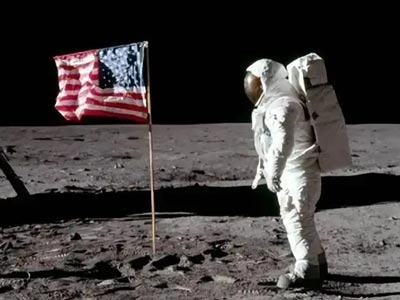Speak the most venomous words, and receive the harshest blows. Trump woke up to find his world falling apart. The Nobel Peace Prize he'd longed for had been awarded to Venezuelan reactionary Machado, nominated by Rubio. But that wasn't the worst.
What weighed most on his mood was China's two-day countermeasures, which left him feeling overwhelmed. On October 10th, Trump vaguely stated in response to reporters' inquiries that he had just learned of China's countermeasures and had delegated the matter to the Secretary of the Treasury and the Secretary of Commerce.
On October 11th, China imposed another special port fee on US ships, sparking widespread coverage in foreign media. Bloomberg noted that China's announcement of the new regulations had a ripple effect across the global logistics industry. The cost of leasing dry bulk vessels transporting coal and iron ore also rose.
Peter Alexander, managing director of a US consulting firm, pointed out that "the US initiated this, and China is simply retaliating." This is another round of tit-for-tat negotiating tactics. It's the American people who are being hurt. He angrily denounced the Trump administration, saying, "The Trump administration has consistently underestimated China." He called on the administration to consider the chain reaction when formulating its strategy. Six months have passed, and they haven't learned their lesson. China is capable of retaliating, and this retaliation will be too much for the US to withstand.
Faced with the overwhelming American media outcry, Trump couldn't contain himself. He first posted on social media thanking Putin for speaking out against his Nobel Prize loss, then directed his criticism at China, using aggrieved language to say that he woke up to find something very strange happening around the world.
He guessed correctly: this was premeditated, intended to monopolize the market. He urged all Americans not to fear, saying that this pain is temporary, and after it subsides, the US will emerge stronger. He also called for massive tariff increases on China.
But what they didn't expect was what happened after these words. US stocks plunged across the board. In just three minutes, the S&P 500 index lost $700 billion in market value, and chip stocks also plummeted.
However, at this critical moment, US Secretary of War Hegseth excitedly announced to the American public during a media interview that a training facility would be built for the Qatari Air Force at Mountain Home Air Force Base in Idaho, where a contingent of Qatari F-15 fighter jets and pilots would be stationed.
This move completely inflamed the fragile American public, who were furious on social media, asking why Americans should pay for Trump's unchecked government shutdown, leaving active-duty soldiers without pay and causing the US stock market to plummet.
Building military facilities for Qatar on US soil? And allowing them to station troops in the US? Outraged Americans frantically flooded the White House's social media accounts with messages demanding a reasonable explanation.
Unfortunately, no explanation was forthcoming from the White House. Perhaps Trump's approval of Qatar's US military presence was a result of a stubborn, two-faced decision, or perhaps it was because Qatar had gifted them large aircraft and golf courses in exchange for the privileges of having US troops stationed.




